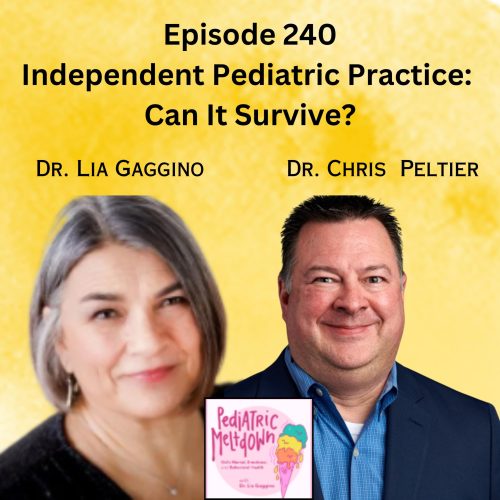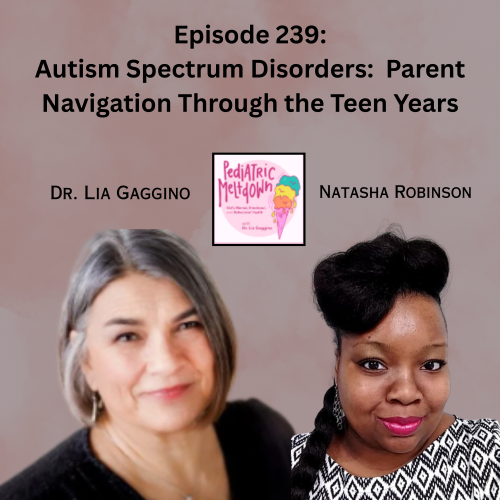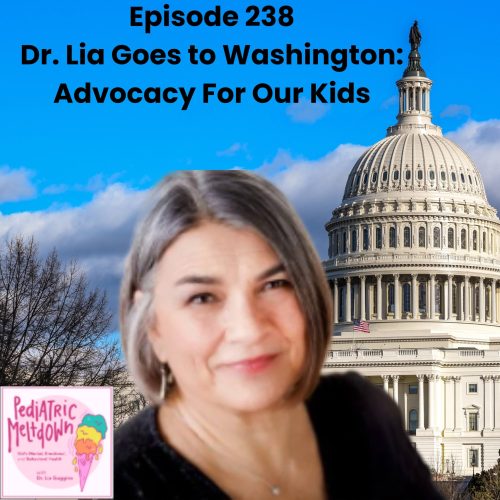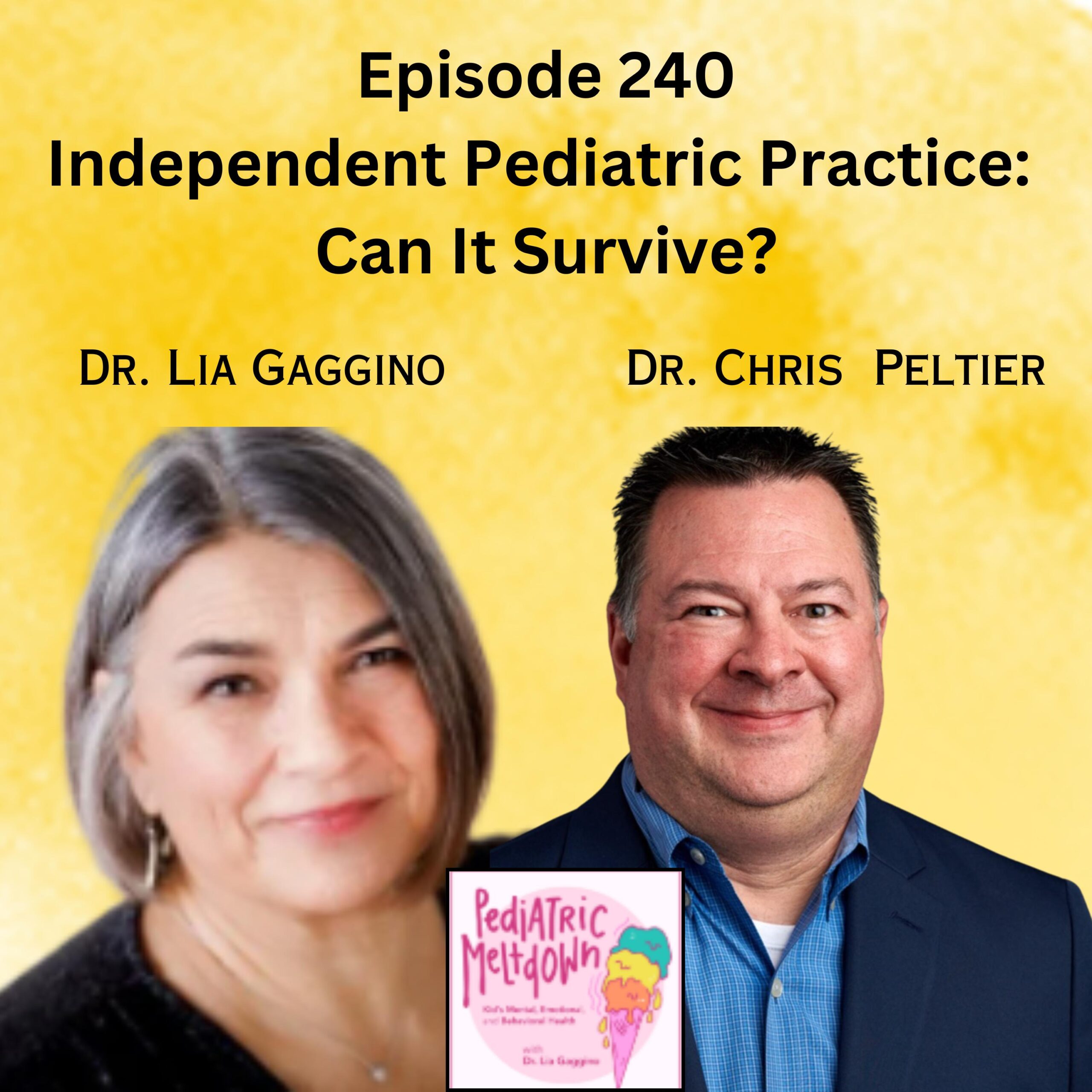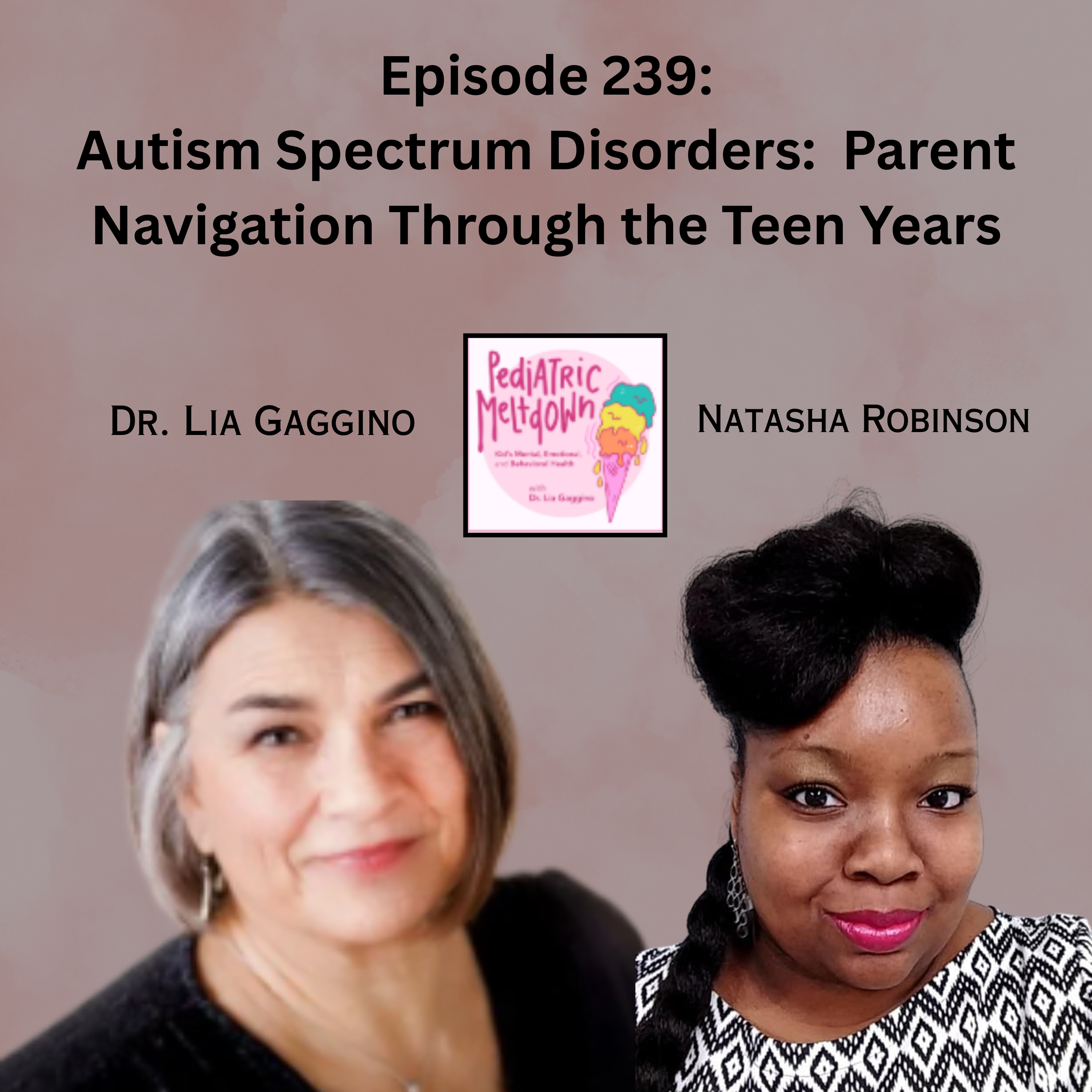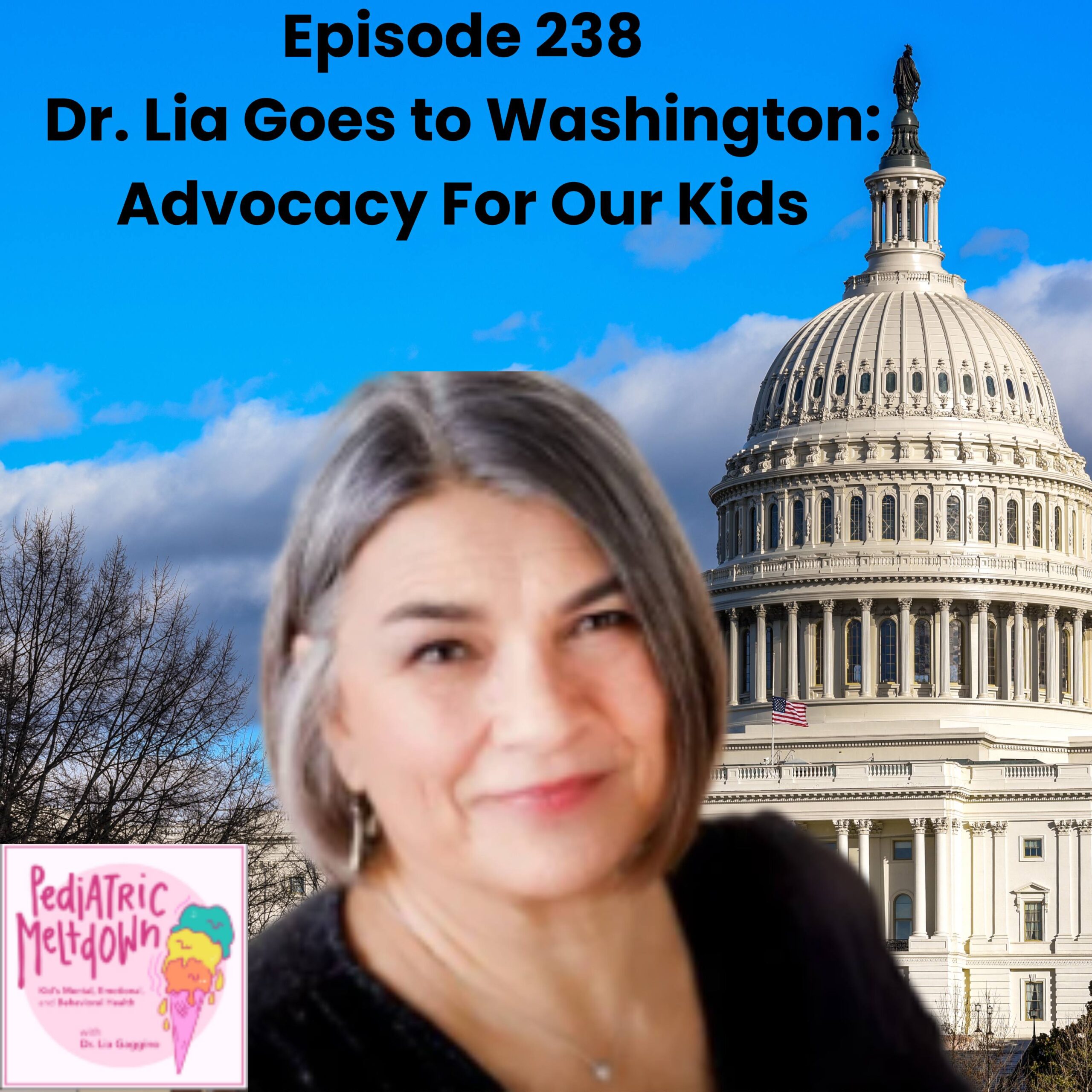Let’s have some tough conversations around special needs, race and disabilities in school. I’ll be discussing this with today’s guest and my friend Rikki Saunders. Rikki is the director of special education at Kalamazoo Public Schools. She has also worked as a social worker in school and the community. Her role today is to find and identify children with disabilities who are enrolled in public schools in the Kalamazoo district and in need of special education and related services. She also helps educate staff to ensure they have the capacity to fulfill their responsibilities to execute Child Find under the Individuals with Disabilities Education Act.
I’m excited to learn more from Rikki on meeting the educational needs of children, and how to collaborate with colleagues in the schools.
[00:01 – 08:45] Opening Segment
- Introducing today’s guest, Rikki Saunders
- Expertise and work
- Rikki gives some background on her story
- Always had a love for children
- Time and degree at UMich
- School social work
- Passionate about special education
- Preparing them for life
- We can do better
[08:46 – 14:54] Changing Our Thinking of School
- Rikki talks about needing to change our approach
- We are here to serve
- We don’t turn people away
- People come in with trauma
- Some are even homeless
- Consistency is key
- This system has everything the kids need
- The impact on children
- It’s their day to day existence
- Teachers spend as much time with kids as parents
- It goes beyond reading and writing
[14:55 – 26:56] How Schooling Involves the Medical Community
- Rikki talks about kids coming into school with disabilities
- Qualifying for 504
- Diabetes example
- The options you have
- Teachers are responsible to accommodate needs
- Qualifying for IEP covered through IDEA
- The school has to show qualifications
- The issue of behavior
- Determining if behaviors are a disability
- Can you progress?
- Response to an Intervention RTI
- Burden of proof
- The autism example
- It has to impact education to qualify
- The social side of disabilities
- Rikki’s procedure
- Can they do what their peers are doing?
- Social is part of the disability
[26:57 – 53:56] Speaking to Bias and Race and Asking the Questions
- Rikki talks about her responsibility
- The main mission
- Environmental vs. eligibility
- The African American Male example
- Rikki talks about analyzing the race and social climates of certain communities
- Diversity is in the school
- Home is separate
- Cultural relevance training
- Being culturally aware
- We need to be included in the conversation
- It’s not the answers, it’s the discussion
- It’s uncomfortable but we need to talk about it
- What Rikki does to enter the conversation
- What do you know for sure, and what do you think?
- Challenging certain ideas
- Be clear on what you know for sure
- You can’t ignore the issues
- How Pediatricians should go about talking about police safety
- Having The Talk
- Know that it can be stressful for families
- How certain areas are affected over others
- Ask the questions
- Do you feel safe?
- Giving the feeling of acknowledgment
- The AAP response
- The importance of feeling safe
- Being at the discussion table
- My experience may not be yours
- Remember the parents
- Show that you care
[53:57 – 1:03:41] Closing Segment
- I give my thoughts on childhood experiences around race
- Government sanctioned childhood abuse
- Take it one day at a time
- We’re all in this together
- We’ll have to repair one day
- Be the safe haven
- Final Takeaways
- Partner with the school
- No one is turned away
- RTI for Special Needs
- 504 plan
- IEP
- Chronic trauma vs acute
- School should be a safe haven
- Racism impacts education and children
- Cultural relevance training
- Helping children understand what you know for sure
- How pediatricians can address racism
- Asses safety
- The importance of collaboration
Tweetable Quotes:
“If there are any parts of the family that are struggling or sick, the whole family is sick and affects the child.” – Rikki Saunders
“The whole goal is to work myself out of a job. We want to make sure every child gets what they need in a setting without having a label or being eligible.” – Rikki Saunders
Resources Mentioned:
Links:
If you’d like to connect with Dr.Saunders, email [email protected]. Visit www.kalamazoopublicschools.com/KPS to learn more about her space.
If you’d like to connect with me, you can find me at LinkedIn, Facebook, and Twitter or email me at [email protected]. To learn more about me visit https://www.medicalbhs.com/
LOVE WHAT YOU HEARD? Leave us a 5-star review so we can continue to provide you with great content. Share this episode and help people know more about children’s health and well-being.



